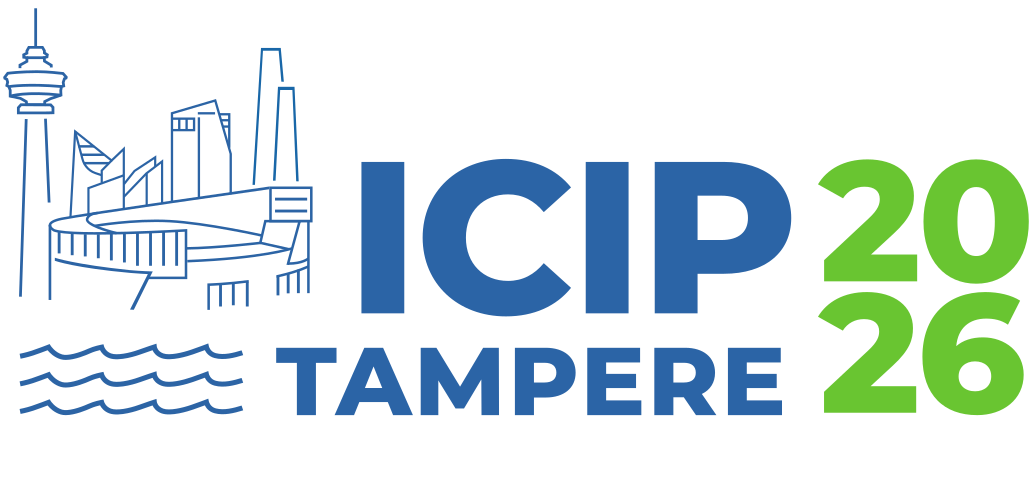Papers must be formatted according to the instructions in the IEEE ICIP 2026 Author Kit.
Please read the entire author kit carefully to verify that your paper document is formatted correctly and that you have all the information you need before starting your paper submission. The kit contains detailed instructions on formatting your document and completing the submission process, as well as a description of how the review process works and how to prepare for your presentation at the conference if your paper is accepted.
All papers must be presented and registered to be published, according to the Non-Presented Paper (No-Show) Policy.


